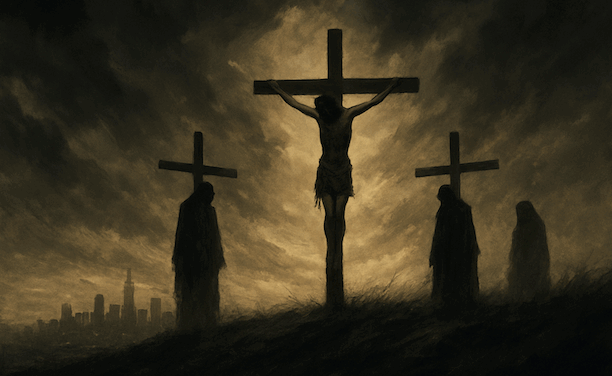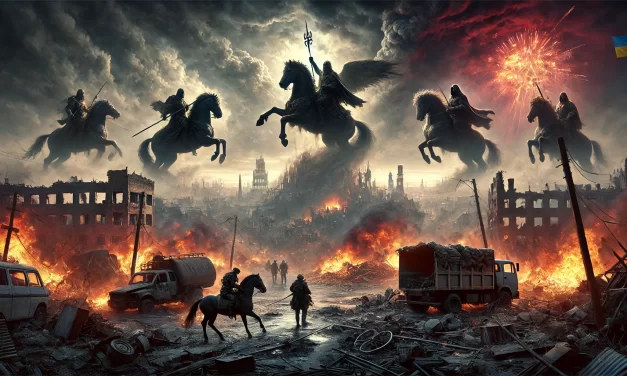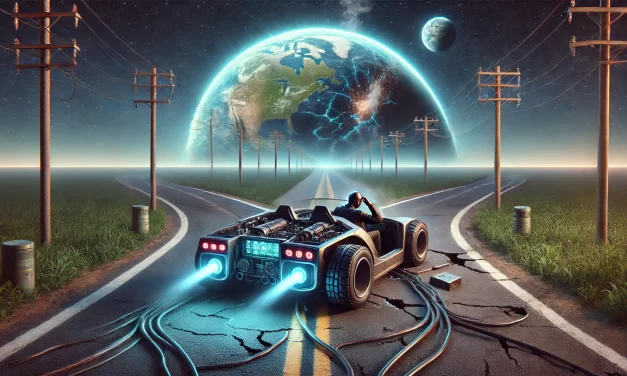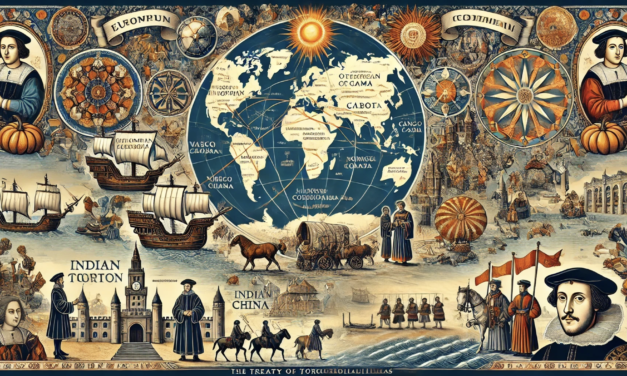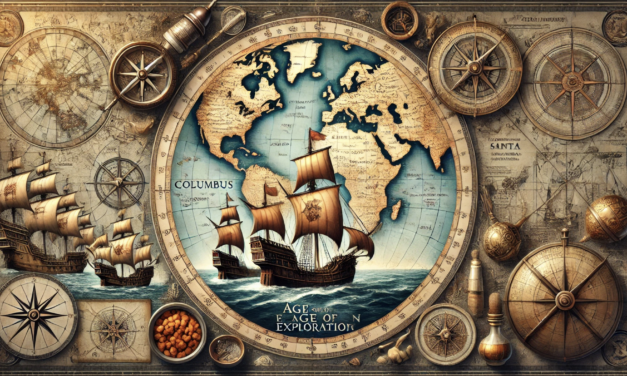Lament for The Cross
A lament for a sacred symbol stripped of its truth. This is a cry against empire disguised as faith, and a call to remember the cross not as triumph, but as tenderness, protest, and presence. For those awakening, angry, or aching to remember—this is for you.
Read More
